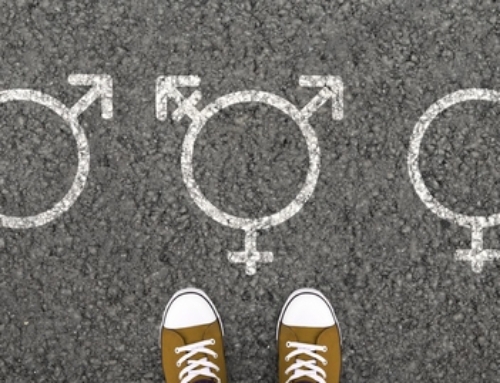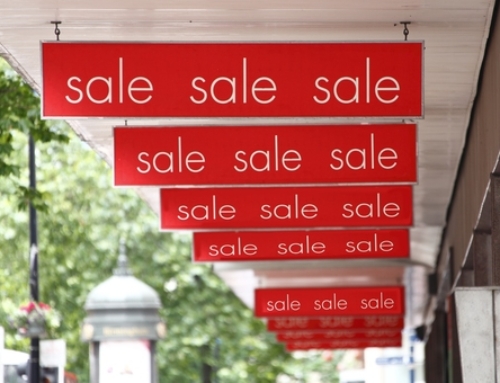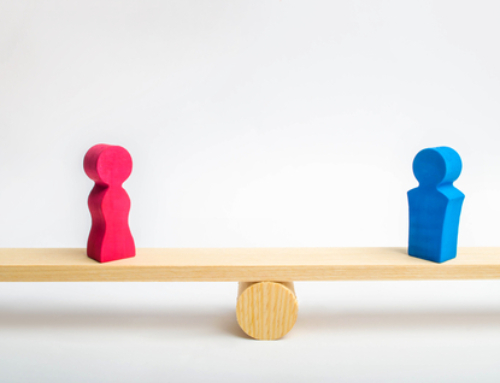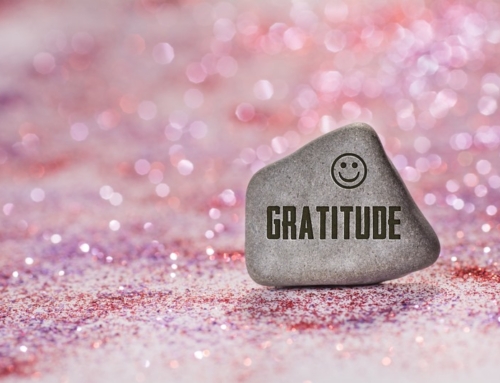Saima Mehboob
When we think about words like slave or servant today, they bring negative images to mind. Oppression, inequality, injustice, since one human in servitude of another can only demean the one serving. The world may appear to have come far in abolishing these practices, but this isn’t an achievement for the twentieth century to claim. Islam disintegrated the traditional system of slavery that existed at that time. In its own way, Islam abolished slavery, not by wiping it out overnight but through a gradual process of crumbling society’s dependence on it. Muslims believe the Quran is the word of God, and in it, we read:
“O mankind we have created you from one male and female and made you into nations and the tribes that you may know one another. Surely the most honorable among you with Allah is the one who is the most righteous. Verily Allah is all-knowing all aware.” (Quran 49:13)
Prophet Muhammad (peace and blessings be upon him) stated in his farewell sermon, “O people. Your Lord is one and your father is one. (Adam) An Arab has no superiority over non-Arab, nor a non-Arab has any superiority over Arab, also white has no superiority over black nor does black have any superiority over white, except by piety and righteousness. All humans are from Adam and Adam is from dust.” (Bukhari). Those embracing Islam learned about the great emphasis placed on freeing a slave to gain God’s pleasure and to seek forgiveness for sins.
But it shifted the mindset of a believer more profoundly. The greatest rank a Muslim can aspire to is to be an ‘abd’, a slave or servant of God. This means acknowledging that there is only one Creator responsible for all creation, who is unlike His creation, to whom all mankind will return. One may ask how internalizing this can harmonize with our sense of independence. If slavery is a practice that furthers oppression and left humans feeling undignified, robbed of their most basic rights, then how then do we reconcile this with Allah describing His believers as slaves of Him, the Master?
To understand this, we would have to move beyond all we know about human slavery and all the forms it has taken when one man enslaves another. When humans enslave one another, it leads to disharmony because we were created equal by God, as evidenced above. Being a slave to your Creator is unlike any form of human bondage because the relationship with Him is unlike any between humans. We can learn something about this from what God has told us about Himself in the Quran. He provides sustenance for us before we are even aware of our own needs, evident from the moment we are conceived in our mother’s wombs. He has created this world for our comfort, He tells us in the Quran that He is closer to us than our jugular vein.
“Indeed, it is We Who created humankind and fully know what their souls whisper to them, and We are closer to them than their jugular vein.” (Quran 50:16)
God hears the words that we utter, and the ones we keep within our hearts. He provides for all and will continue to provide, whether or not we acknowledge or explicitly express our faith in Him.
“And when My servants ask you about Me, of course, I am near. I respond to the call of one when he prays to Me; so they should respond to Me, and have faith in Me so that they may be on the right path.” (Quran 2:186)
No human relationship that has ever existed can be compared to that which exists between humans and their Creator. To be His slave means to truly be at peace with His will, to accept what He bestows and what He takes, to acknowledge that we cannot and will not always understand His plan for us, but that He does what is best for us – that is the submission that is called Islam. This mindset is humbling, and also quite liberating in the peace of mind it can bring. If one can embrace the belief that God will do what is best for us, and we have to learn to be accepting of it – it helps to reconcile against all that happens in our life that is out of our control.
Perhaps, we have exchanged the inconceivable notion of being enslaved by another man with the acceptable version of being enslaved to other forces. The lifestyles we live today, the cars we drive, the neighborhoods we live in, the schools our children attend, all are decisions we think we are making ourselves. But how many of us are slaves to the latest trends and what society dictates as attractive, acceptable, and successful? The pressures of social media on adolescents continue to be evaluated and are a prevalent concern. “All of us enjoy being affirmed. But the key is remembering that getting a thousand ‘likes’ does not make you a better person… For adolescents and young adults, because they are likely seeking more of that outside validation, it may be more difficult not to attach feelings of happiness and sense of self-worth to the feedback they’re getting on social media.”
External pressures don’t just affect the health & well-being of adolescents. How much of what we do or say as fully functioning adults is influenced by those around us? We try so hard to keep up, fit in, or outdo others in our circle. We exhaust ourselves in the pursuit of material happiness. We can never really keep up because the standards and values we try to measure ourselves against are superficial. The moment we think we have it figured out – it changes again because it’s driven by human desire and preference.
Enslaved to your Creator sets you free. When a Muslim embraces that he is a servant or slave of God, it relinquishes the believer from answering to anyone else. He lives his life to seek his Creator’s pleasure, adhering to the code of conduct that was epitomized by God’s final messenger, Muhammad, whom his wife Aisha said was the walking Quran. His lifestyle, his relationships, his personality is not subjected to the influence and whims of the people around him. He frees himself from the pressure of gaining others’ approval, which is a feat none of us can ever truly accomplish.
We may walk freely but the burden to please and be accepted has cast a different type of chain around our necks. It’s the one we have grown used to wearing, shackles we don’t attempt to cast off. Why not break free and redirect our focus to gaining God’s pleasure instead? We may find that there is nothing more liberating than being His servant.
Want to learn more? Call 877-WhyIslam.
Saima Mehboob is a Muslim woman, born in Pakistan and raised in the US. She currently resides in NJ, is a full-time corporate professional and a WhyIslam volunteer.
Under Pressure: Are the Stresses of Social Media Too Much for Teens and Young Adults? https://www.everydayhealth.com/emotional-health/under-pressure/are-the-stresses-of-social-media-too-much-for-teens-and-young-adults/








